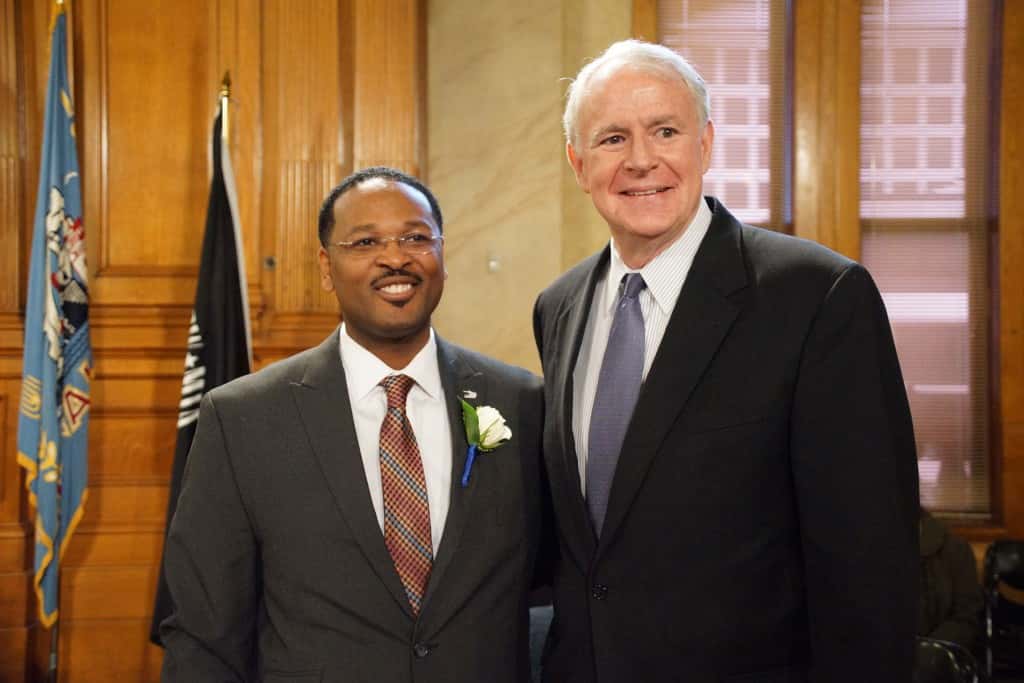Privacy dismantled: How MAGA minions are quietly repurposing federal data for mass surveillance
By Nicole M. Bennett, Ph.D. Candidate in Geography and Assistant Director at the Center for Refugee Studies, Indiana University A whistleblower at the National Labor Relations Board reported an unusual spike in potentially sensitive data flowing out of the agency’s...
Habeas corpus: The thousand-year-old legal principle for defending rights that Trump’s regime wants to end
By Andrea Seielstad, Professor of Law, University of Dayton In some parts of the world, a person may be secreted away or imprisoned by the government without any advanced notification of wrongdoing or chance to make a defense. This has not been lawful in the United...
A health puzzle: Four years of long COVID research paints an unsettling medical picture
By Ziyad Al-Aly, Chief of Research and Development, VA St. Louis Health Care System. Clinical Epidemiologist, Washington University in St. Louis Since 2020, the condition known as long COVID-19 has become a widespread disability affecting the health and quality of...
The true total of COVID-19 deaths remains elusive after 5 years and lacking data further hobbles research
By Dylan Thomas Doyle, Ph.D. Candidate in Information Science, University of Colorado Boulder In the early days of the COVID-19 pandemic, researchers struggled to grasp the rate of the virus’s spread and the number of related deaths. While hospitals tracked cases and...
Science over fiction: Why funding cuts to NIH will hit pro-Trump rural areas of red states hardest
By Prakash Nagarkatti, Professor of Pathology, Microbiology and Immunology, University of South Carolina; Mitzi Nagarkatti, Professor of Pathology, Microbiology and Immunology, University of South Carolina The National Institutes of Health is the largest federal...
Chemical analysis finds mislabeled tattoo inks contain ingredients that can cause serious allergies
By John Swierk, Assistant Professor, Chemistry, Binghamton University, State University of New York Tattoos are an incredibly common form of permanent self-expression that date back thousands of years. Most tattoo artists follow strict health and sanitation...
Flawed assumptions about cultural tattoos used to deport Venezuelans under Trump’s gang crackdown
By Beth C. Caldwell, Professor of Law, Southwestern Law School The United States deported 238 Venezuelan men on three flights to El Salvador on March 15, claiming that they were members of the Tren de Aragua gang that originated in Venezuela. Immigration officials...
Echoes of Yalta: How Stalin got what he wanted in Poland and now Putin could get in Ukraine
By Wendy Webster, Professor of Modern Cultural History, University of Huddersfield As Britain celebrated Victory in Europe (VE) Day on May 8, 1945, the Polish airmen of RAF 305 Bomber Squadron captured a starkly different sentiment in their diary. “‘Victory!’ every...
Medieval threat to democracy: How Putin is pushing Russian revisionism by whitewashing Ivan the Terrible
By Dina Khapaeva, Professor of Cultural Studies, Georgia Institute of Technology Beginning in September 2025, Russian middle and high school students will be handed a new textbook titled “My Family.” Published in March 2025, the textbook’s co-author Nina Ostanina,...
Personal sacrifice: Japan’s slow progress toward equality for women in the workplace and society
By Linda E. White, Professor of Japanese Studies, Middlebury For centuries, women entering marriage in Japan have been bound by the Confucian notion of personal sacrifice for the good of the family, and that has extended to their names. Encouraged by a sexual double...
How the right-wing’s political name game turned what a place is called into an ideological fight
By Seth T. Kannarr, PhD Candidate in Geography, University of Tennessee; Derek H. Alderman, Chancellor’s Professor of Geography, University of Tennessee; Jordan Brasher, Visiting Assistant Professor of Geography, Macalester College Place names are more than just...
Understanding Hate: How cognitive biases shape the thoughts and policies behind anti-trans legislation
By Julia Standefer, Ph.D. Student in Psychology, Iowa State University; and L. Alison Phillips, Professor of Psychology, Iowa State University A state law signed on February 28, 2025, removed gender identity as a protected status from the Iowa Civil Rights Act,...






















